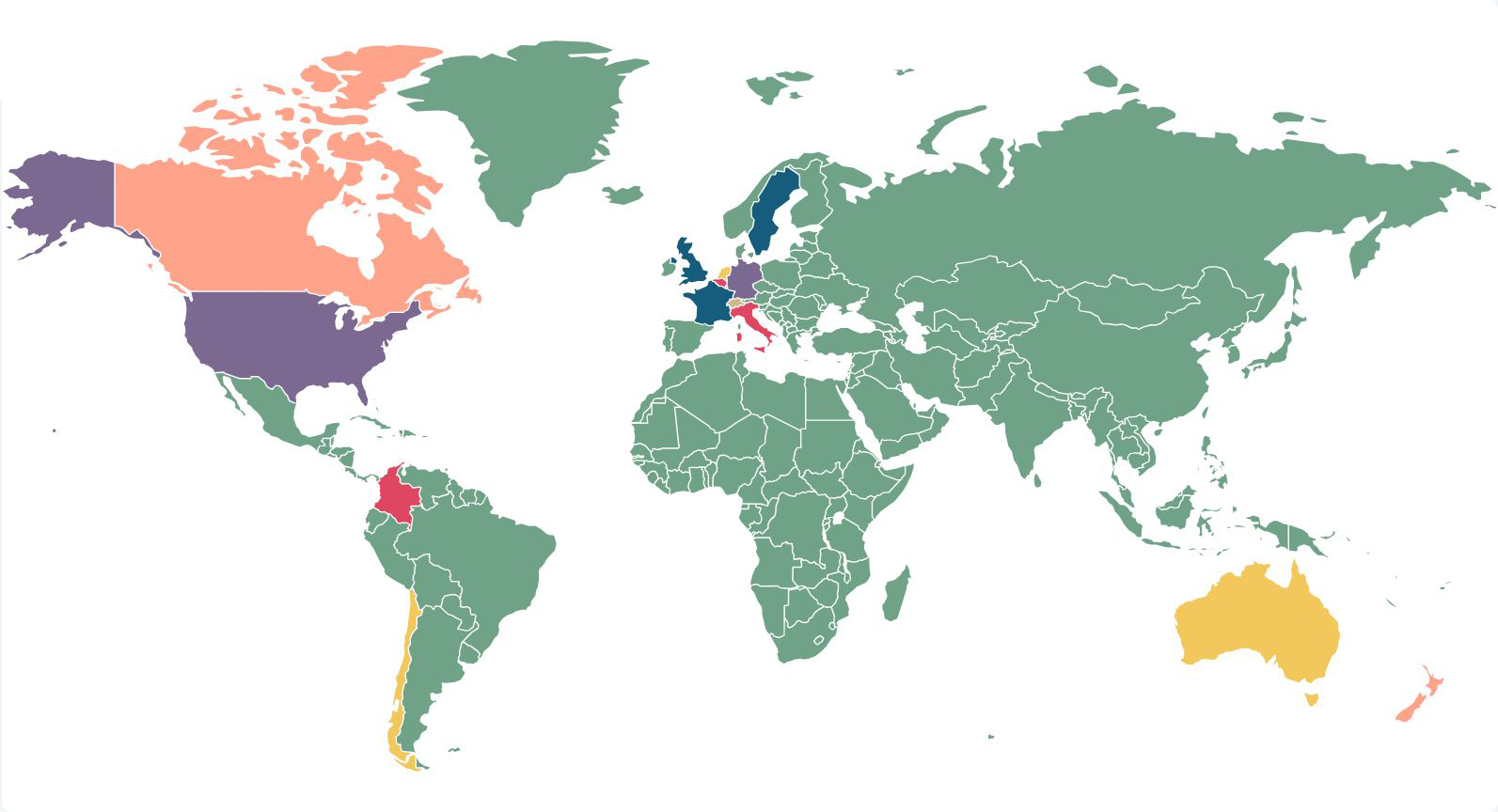COVID-19 decisions will prompt insurers to review policy wordings
In light of decisions addressing the application of various policy wordings to the COVID-19 pandemic, insurers may look to rework policy wordings. Decisions such as the recent Court of Appeal judgment in the London International Exhibition Centre case have thrown a renewed focus on the impact that uninsured perils operating in the wider area around a policyholder's premises can have. While the old Orient Express principle that the policyholder cannot claim for losses which would otherwise have been insured, but for the occurrence of wider area damage, has been consigned to judicial history for three years now, the London International Exhibition Centre case has highlighted the most extreme ramifications of this. Notably, insurers have become liable under clauses which require the peril (in that case, occurrence of disease) to occur at the policyholder's premises, for losses which were essentially brought about by government restrictions imposed at a national level in response to disease across the country. Underwriters may well wish to consider altering their wordings to limit the risk of business interruption coverage being triggered in circumstances not intended to be covered.
Risks of silent AI will motivate careful policy drafting
The focus on the benefits of AI for insurance companies will give way in the coming year to addressing how to manage the related risks. Policyholders and insurers will need to focus on how policies respond to developments in this area, including whether adjustments to policy wordings, affirmative endorsements or exclusions are necessary. As previously identified with cyber-related issues, the risk of 'silent AI' continues, with potential exposures contained within more traditional policies which may not specifically deal with AI risks. There is now an emerging series of products designed to address this issue, with careful drafting being applied to deal with concepts not addressed in existing wording.
Terrorism definitions invite renewed scrutiny
The recent publication of the Terrorism (Protection of Premises) Bill may prompt a reconsideration of insurance-adjacent issues related to terrorism, including the definition of terrorism currently used by Pool Re. The Bill uses the definition of terrorism as contained within the Terrorism Act 2000, which is materially different from the definition in the Reinsurance (Acts of Terrorism) Act 1993 which set up Pool Re. Clarity and consistency on this topic remain essential if coverage disputes are to be minimised, especially as there are different definitions of terrorism in operation across various jurisdictions.
Impacts of potentially scaling back the Consumer Duty
Despite continued scrutiny on insurers affected by the Consumer Duty, the FCA is considering possible opportunities to streamline the scope of insurance regulation to reduce the burden of regulation on firms, as set out within the regulator's recent discussion paper DP24/1 on the regulation of commercial and bespoke insurance business. The proposals would also aim to support growth in the commercial general insurance market. The British Insurance Brokers' Association (BIBA), as part of its response, suggested that the removal of larger small and medium-sized enterprises from the scope of the Consumer Duty would help improve the burden of regulation. Although the outcome of the discussion paper is not yet clear, insurers should take time to consider the paper, published in July 2024, and how it might influence their own product development processes themselves, including a continued focus on clear product design, and wordings in particular.
CrowdStrike incident will stimulate coverage review
Representing one of the most significant global technology outages since NotPetya in 2017, the CrowdStrike incident will act as a poster child to prompt policyholders and insurers to review their policy wordings and coverage where a systemic or supply chain cyber incident has the potential to cause a massive financial impact. While coverage for non-malicious cyber events, including 'system failure' cover, is not always available or purchased by policyholders, the CrowdStrike incident highlights its importance and acts as a useful case study to review appropriate interruption periods, waiting periods and retentions for non-physical damage BI cover, if purchased. Looking forward, there is also a need for discussion as to where the line is drawn between a policyholder's software and systems, and a managed services provider. Policyholder reliance on systemically important and vulnerable systems continues to increase, challenging insurers to determine appropriate coverage limits and/or value appropriate premium.




